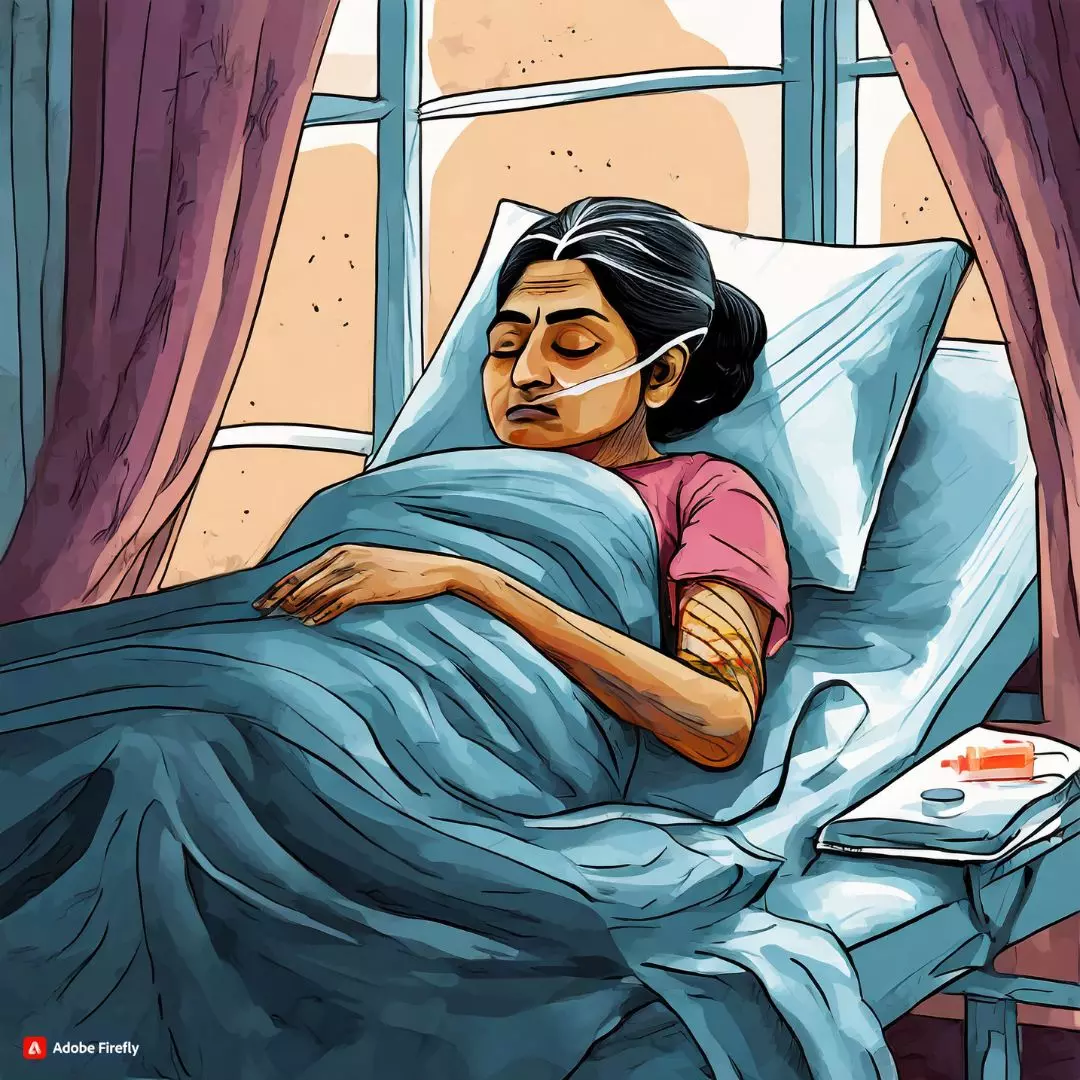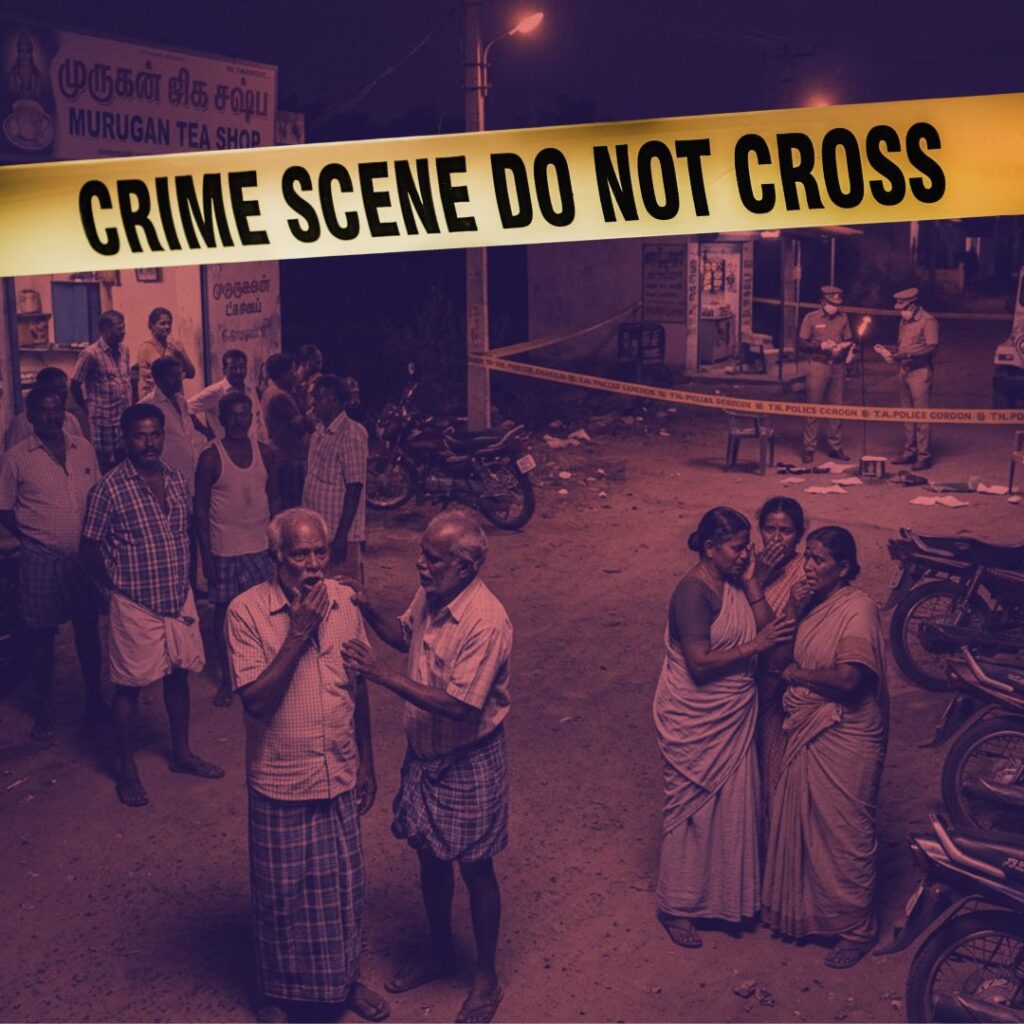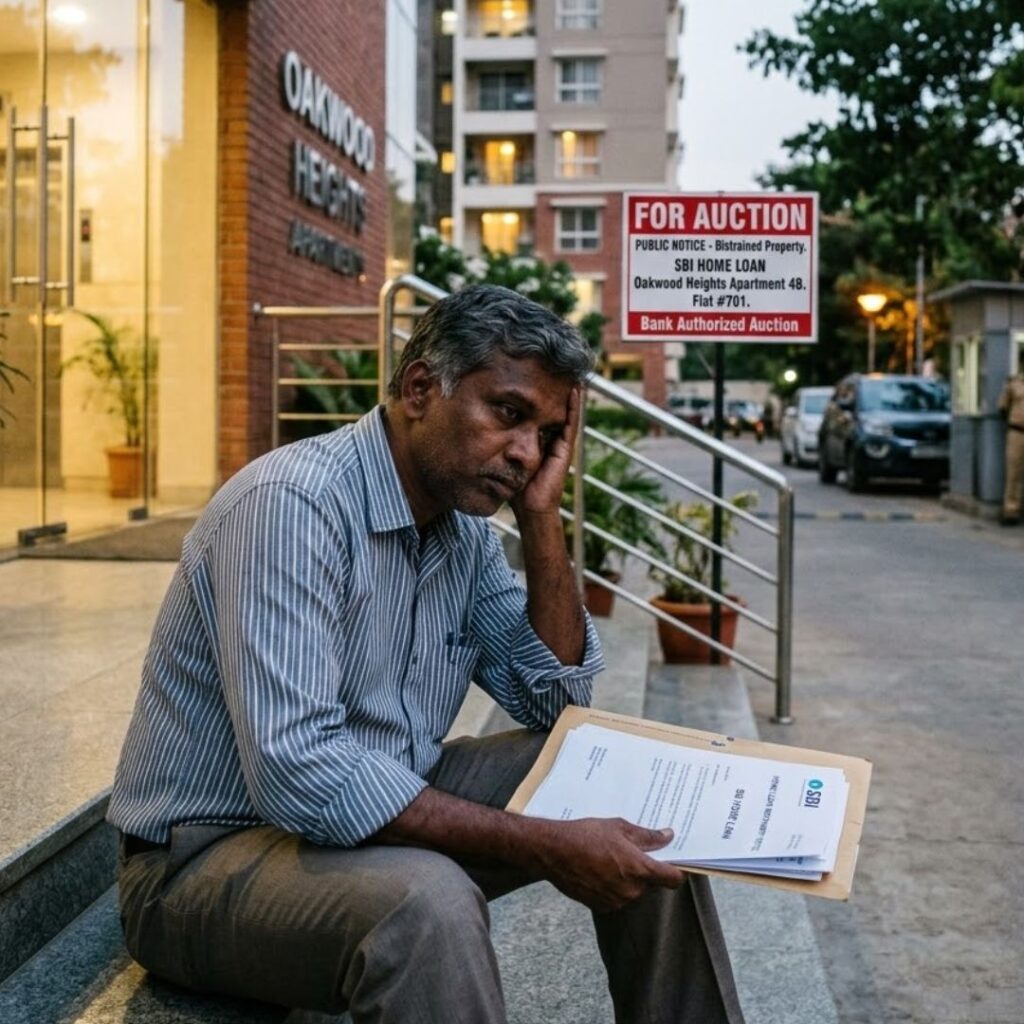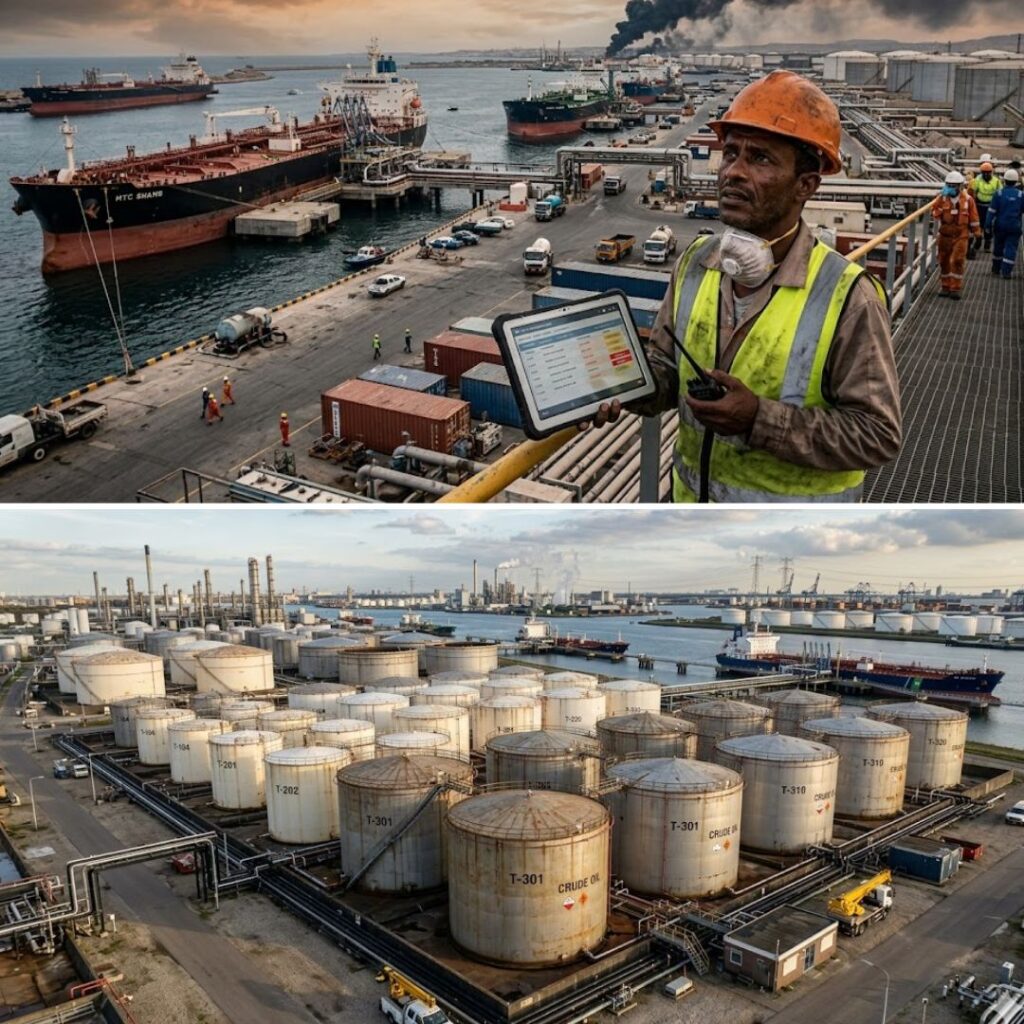In a recent Lancet study, India has been identified as the second-highest contributor to the cancer burden in Asia for the year 2019. The study, conducted by an international team of researchers, including experts from the National Institute of Technology Kurukshetra and All India Institute of Medical Sciences (AIIMS) in Jodhpur and Bathinda, analyzed cancer data across 49 Asian countries from 1990 to 2019.
Asia, as a whole, reported a staggering 94 lakh new cases and 56 lakh deaths in 2019, with China leading the count at 48 lakh new cases and 27 lakh deaths, followed by Japan with approximately 9 lakh new cases and 4.4 lakh deaths as reported by India Today.
Tracheal, bronchus, and lung (TBL) cancer emerged as the predominant cancer in Asia, causing an estimated 13 lakh cases and 12 lakh deaths. The study highlighted the need to address this issue, particularly concerning the impact of ambient air pollution on the rising cancer burden across the continent.
Cervical cancer ranked high among women, emphasizing the importance of the human papillomavirus (HPV) vaccine. The researchers also identified smoking, alcohol consumption, and ambient particulate matter pollution as dominant risk factors for cancer across Asia.
The study expressed concern about the increasing cancer burden in India due to rising ambient air pollution, especially in countries like Nepal, Qatar, Bangladesh, and Pakistan. Additionally, it shed light on the prevalence of smokeless tobacco (SMT) in South Asian countries, with India alone accounting for 32.9% of global deaths and 28.1% of new cases of lip and oral cavity cancer in 2019.
Factors contributing to the rise in cancer cases, such as industrial growth, urbanization, migration, and increased motor vehicle usage, were highlighted. The study suggested that improved water and sanitation could potentially reduce the transmission of Helicobacter pylori, thereby lowering the risk of stomach cancer.
As a common pattern emerges with a decrease in cancer burden in younger age groups and an increase associated with longer life expectancy during a country’s development, the researchers called for timely cancer screening and treatment availability. They emphasized the importance of focusing on cost-effectiveness and coverage of treatment expenses, particularly in low and medium-income countries where oncologic infrastructure is often scarce or unaffordable.
India, facing a significant position in Asia’s concerning cancer statistics, must urgently address these issues to mitigate the impact on its public health landscape.
Also Read: Chilika Lake Witnesses Modest Increase In Winter Bird Count











